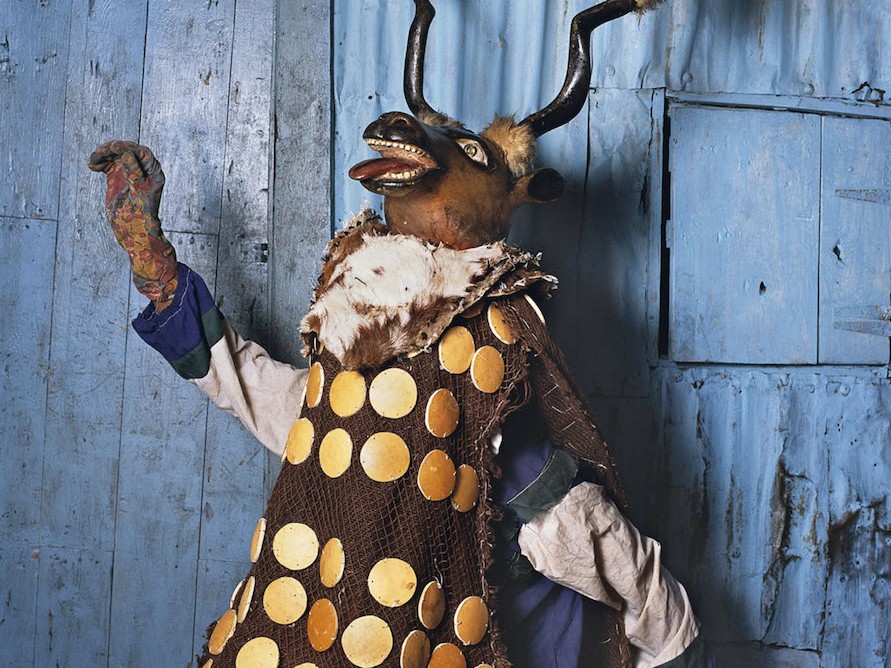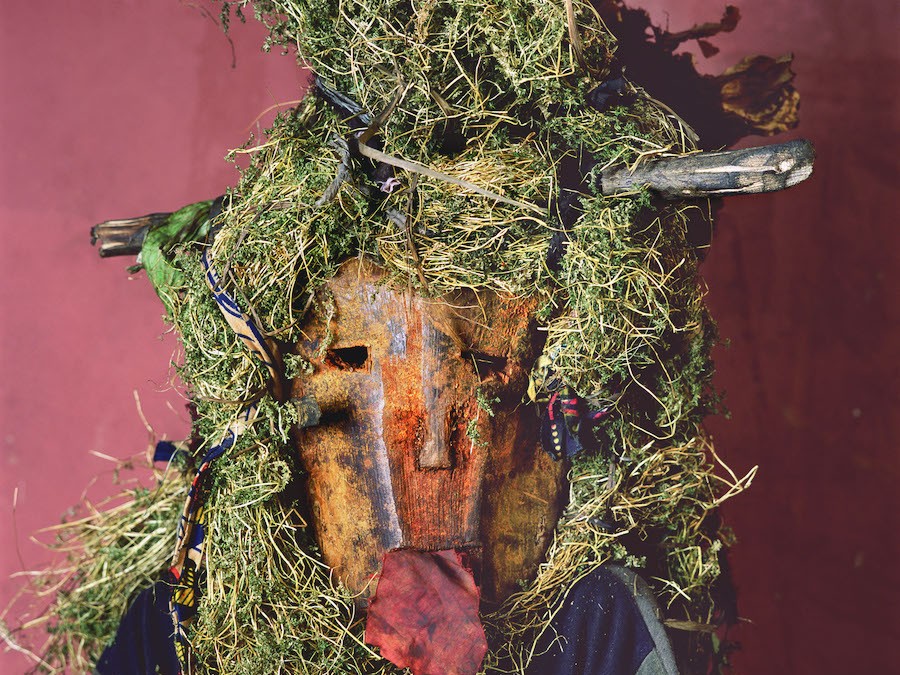Share this!
Discover the Meaning Behind African Myths and Superstitions
A little bit of history will suffice at this point. Did you know that written language only came to Africa in the late 16th century? At the time, missionaries and adventurers helped to give African languages unique alphabets, making it possible for speakers of these languages to be literate.
Before then, our forefathers passed on treasured traditions, myths, superstitions and legends verbally, from generation to generation.
So here are some of the most outstanding believe-it-or-not Myths and Superstitions on the African continent (I call them the poster boys of the lineage and some are still widely believed):
All Things Pregnancy
A pregnant woman in Africa has a hefty dose of legendary myths and superstitions directed at her. From not talking to people with special needs to not staying close to albinos, African women have been weighed down with so many superstitious beliefs. Let’s see some of these.

Pregnant women should not accept gifts (especially those received before the birth of the child)
Consequence
Some jealous neighbor or friend (likely a childless person) may offer gifts that have been cursed. This curse somehow passes on to the fetus, connoting bad luck and destiny usurpation.
A woman in labor should have everything loosened
This ‘loosening’ covers things/items like shoelaces, watches, ties, necklaces (you wonder if the woman in labor wears these things, or maybe the medical attendants should not do so in solidarity?)
Consequence
If the ‘environment’ is encumbered by any tightness, the myth states that the newborn refuses entry into the world until a time when surrounding circumstances is free enough for its arrival. Could this be the reason for prolonged labor in some women? I only wonder.
Non-celebration of pregnancy until the birth of the child
So effectively, what this means is that the woman should act as though there was no life inside her; she goes about her daily activities, putting off celebrations until the child comes into the world.
Consequence
The superstition informs that premature celebration will incur the wrath of the ancestors. And inviting the ire of our unseen forbearers means the child is cursed and will either enter the world deformed or die on delivery. Hmmmm.
Superstitions on the sex of the child
I guess you didn’t know that our forefathers could determine the sex of an unborn child without going to a lab or doing all the scans and x-rays we do today.
If the pregnant lady’s hair is shiny/bouncy and her skin glowing, the gods had decreed a girl. On the other hand, if the woman develops a rough face, a bigger nose and becomes darker in complexion, she had better start searching for male baby names.
Now that you know…
The curse of having Twins
Remember Mary Slessor? She was the Scottish Christian missionary who lived, worked and died in Calabar, Nigeria, in the 19th century. And more than that, she saved a number of twins born in her locality. Saved? You ask? Yes, because the birth of twins was considered a particularly evil curse.
The story goes that the natives (Ibibio people) feared that the father of one of the infants was an evil spirit and that the mother had been guilty of a great sin. Unable to determine which twin was fathered by the evil spirit, the locals often abandoned both babies in the bush.
Mary Slessor then became a Twin Discovery Police officer and rescued hundreds of these children from certain infanticide. She passed away in 1915 and her name has been immortalized because of her crucial intervention.
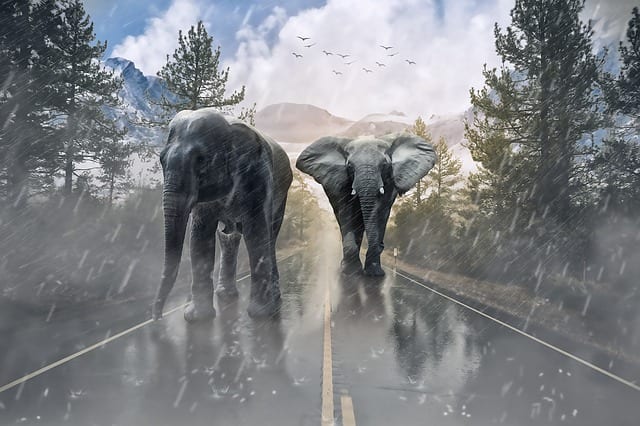
Rain Mythology
Nearly everyone loves it when it rains, or just about everyone. The fresh smell of renewed life and the coolness is always a feature everyone looks forward to. But did you know that one of the origins of rain is traced to The Lovedu Rain Queen, also known as the Mudjadji.
The Lovedu Queen embodies the essence of rain and other waters. In fact, her followers believe that her state of mind determines how the weather turns out. You do not want to irk the good goddess, else she sends blinding storms to obliterate her enemies. Remain in her good books and she will co-opt gentle waters to nurture a friendship.
Every year, faithful followers gather at Ga-Modjadji in Mpumalanga South Africa for the queen to exhibit her rain-making powers, with an audience at hand to watch proceedings.
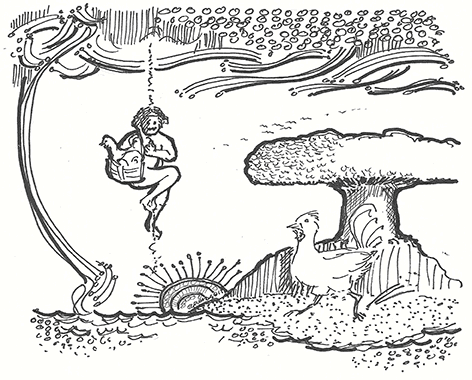
The Zulu Myth of the Creation of the World
If you get your kicks from tales about the creation of the world, then this version from the Zulu people will hold your attention. The Zulus are noted for being mighty warriors and their creation story is just as formidable. It goes thus:
“The Ancient One, known as Unkulunkulu, is the Zulu creator. He came from the reeds (anga, means source) and from them he brought forth the people and the cattle. He created everything that is: mountains, streams, all creatures wild and domestic. He taught the Zulu how to hunt, how to make fire, and how to grow food. He is considered to be the First Man, and is in everything that he created.”
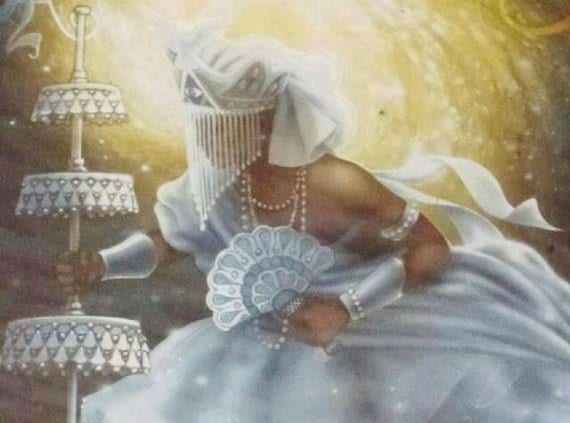
The Yoruba Creation Myth
Well, the Yorubas have a great story to tell you about creation. It involves a number of characters including the Chief god Olorun (who ruled the skies, Olokun (a female goddess who oversaw proceedings below the earth), Obatala, (another god), Orunmila (a godson), a snail, a hen, a chain…
In short, the story tells of how Olorun told Obatala to pour sand that was in a snail shell, and then release the hen which will scatter the sand. The more the hen scattered the sand, the larger the land gets.




